Publications
Articles, publications, books, tools and multimedia features from the U.S. Institute of Peace provide the latest news, analysis, research findings, practitioner guides and reports, all related to the conflict zones and issues that are at the center of the Institute’s work to prevent and reduce violent conflict.

Lucy Kurtzer-Ellenbogen on Israel’s ‘Groundbreaking’ Summit
Israel’s Negev summit with top Arab and U.S. diplomats was “groundbreaking” for the region. “You could not think of a more dramatic way to underscore the acceptance of Israel into the Arab world,” says USIP’s Lucy Kurtzer-Ellenbogen.
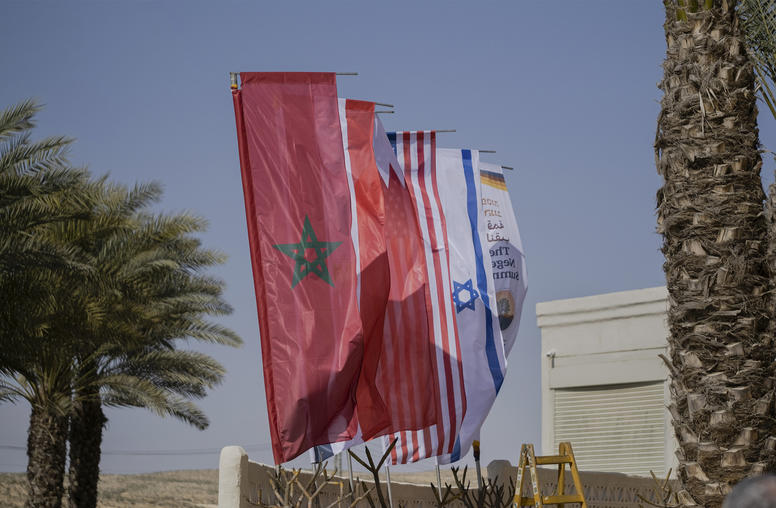
The Negev Summit Furthers Arab-Israeli Normalization
Earlier this week, the top diplomats from Egypt, Morocco, Bharain, the UAE and the United States arrived in Israel at the invitation of Israeli Foreign Minister Yair Lapid for what was named the Negev Summit. Building on the normalization breakthrough started by the 2020 Abraham Accords, the summit marked a significant diplomatic shift for the region — especially as concerns mount over the fallout from Russia’s invasion of Ukraine. USIP’s Lucy Kertzer-Ellenbogen and Ambassador Hesham Youssef look at what happened at the summit, how the topics of Iran and Russia were addressed, and what this means for the Israeli-Palestinian peace process going forward.
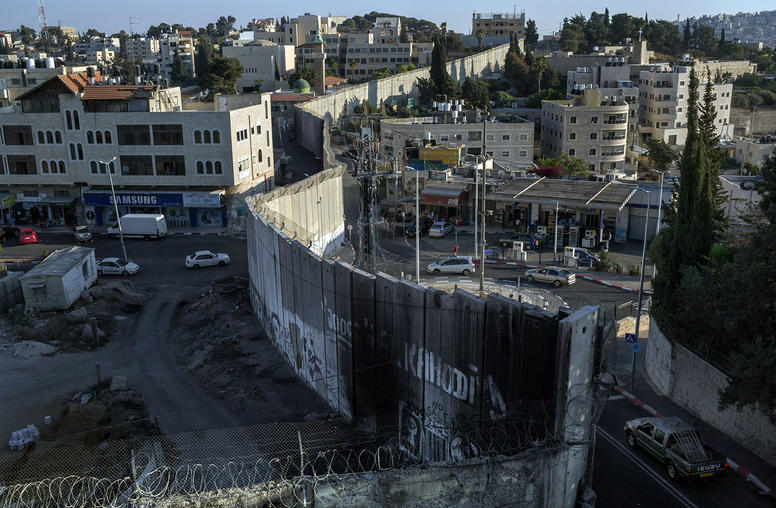
The Israeli-Palestinian Conflict: The Danger of ‘No Solution’ Messaging
Israeli Prime Minister Naftali Bennett has made it clear that he has no interest in reviving the Israeli-Palestinian peace process. In a recent interview, he affirmed his longstanding position that he “opposes a Palestinian state and will not allow talks on the line of a Palestinian state.” Echoing Bennett, Israel’s more moderate Alternate Prime Minister Yair Lapid — set to take over in August 2023 — says he, too, will not seek peace talks once he takes office, despite his stated support for a two-state solution.

Lucy Kurtzer-Ellenbogen on a U.S.-Israel Relationship Reset
Iran and the Israeli-Palestinian conflict will likely top the agenda during Israeli Prime Minister Naftali Bennett’s meeting with President Biden. But USIP’s Lucy Kurtzer-Ellenbogen says the talks will also serve as a “relational reset … this will really be about setting a tone between these two new leaders.”
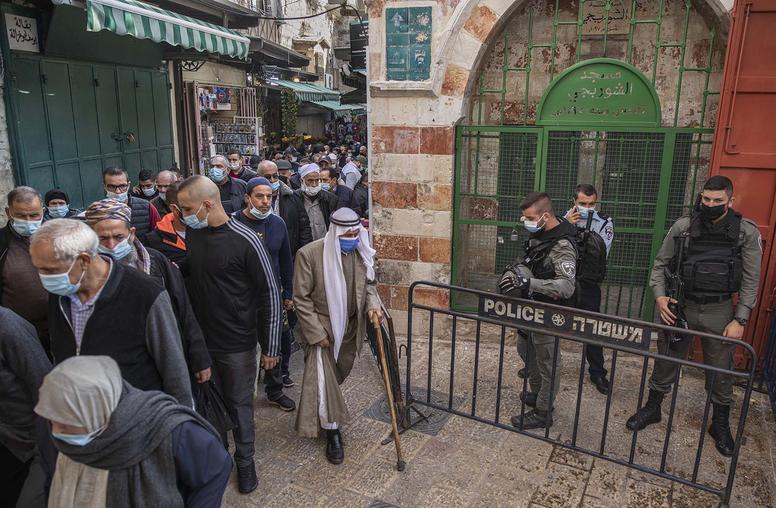
The Four Races That Will Define the Future of the Israeli-Palestinian Conflict
After the latest round of violence this May, Israeli and Palestinian leaders are walking a series of tightropes — Israel’s new government is composed of a potentially unsustainable coalition; a fragile cease-fire teeters between Hamas and Israel; and public protests continue to shake the Palestinian Authority.

People to People: Examining Grassroots Peacebuilding Efforts Between Israelis and Palestinians
Lucy Kurtzer-Ellenbogen, director of the Israeli-Palestinian conflict program, testified on July 21, 2021 at the House Foreign Affairs Subcommittee on the Middle East, North Africa, and Global Counterterrorism's hearing on "People to People: Examining Grassroots Peacebuilding Efforts Between Israelis and Palestinians." Her expert testimony as prepared is presented below.
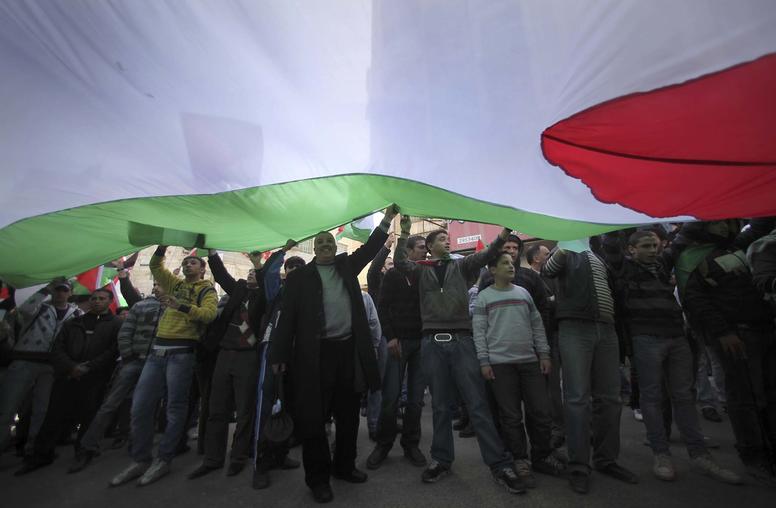
Palestinians’ Divided House Hampers Peace
In a scene reminiscent of the uprisings that swept the Middle East 10 years ago, Palestinian protesters took to the streets over the weekend, chanting, “The people want to bring down the regime.” The recent death of activist and Palestinian Authority critic Nizar Banat while in the custody of Palestinian security forces was the proximate cause for the unrest. But Palestinians’ disenchantment with their leadership has much deeper roots. Fifteen years after the last national elections, the Palestinian polity is as fractured as ever, adding but another obstacle to resolving the seemingly intractable Israeli-Palestinian conflict.
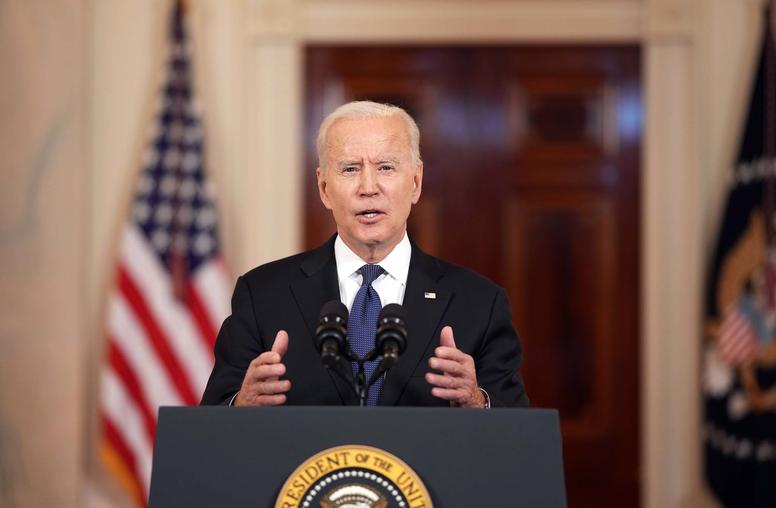
Biden’s Implicit Warning to Israelis and Palestinians
As a new government takes power in Israel, questions emerge about its collective ability and will to move the needle in a constructive direction on the ongoing occupation and the Israeli-Palestinian conflict. The narrow coalition, spanning a broad political and ideological spectrum, consists of avowed opponents of a Palestinian state — Prime Minister Naftali Bennett among them — alongside staunch advocates for the two-state solution. The governing coalition also assumes its role in a divided society on several fronts following 12 consecutive years with Prime Minister Benjamin Netanyahu at the helm.
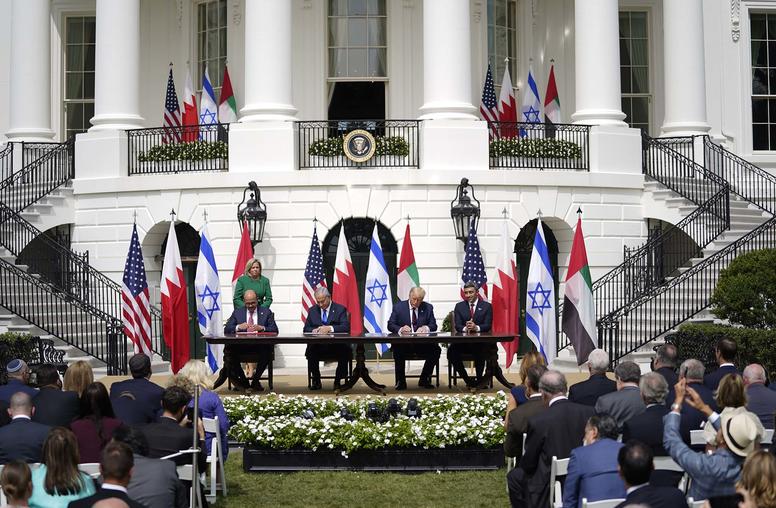
Can the ‘New Normalizers’ Advance Israeli-Palestinian Peace?
The recent outbreak of Israeli-Palestinian violence raised renewed discussion on how Arab states that inked normalization agreements with Israel in 2020 can advance peace between Israelis and Palestinians. The “new normalizers” (UAE, Bahrain, Sudan and Morocco) may be weighing the pros and cons of heavily involving themselves in efforts to resolve this protracted conflict but should not dismiss the opportunity. They can and should play a more proactive and constructive role, which would enhance regional stability and prosperity and advance the normalizers’ own interests. It will be up to the international community, the Palestinians and regional stakeholders to bring them into the peacemaking fold.
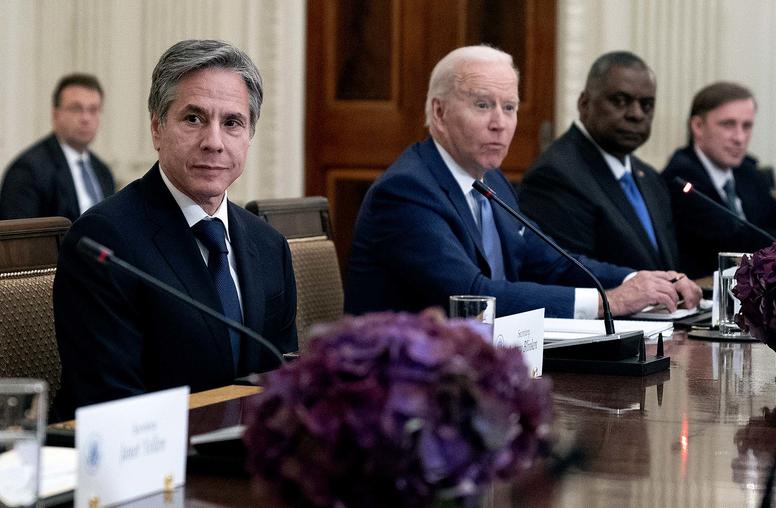
10 Things to Know: Biden’s Approach to the Israeli-Palestinian Conflict
Coming into office, the Biden administration was clear that the Middle East would largely take a backseat in its foreign policy agenda. But recent developments in Jerusalem and the 11-day war on Gaza forced the Israeli-Palestinian conflict back into the forefront of international attention and revealed elements of the administration’s approach to the conflict. U.S. policy on the conflict has long been a point of bipartisan harmony, with more consensus than contention. The Biden administration’s emerging policy largely aligns with past administrations’ policies, with a few notable differences. But can this approach advance peace amid this protracted conflict?